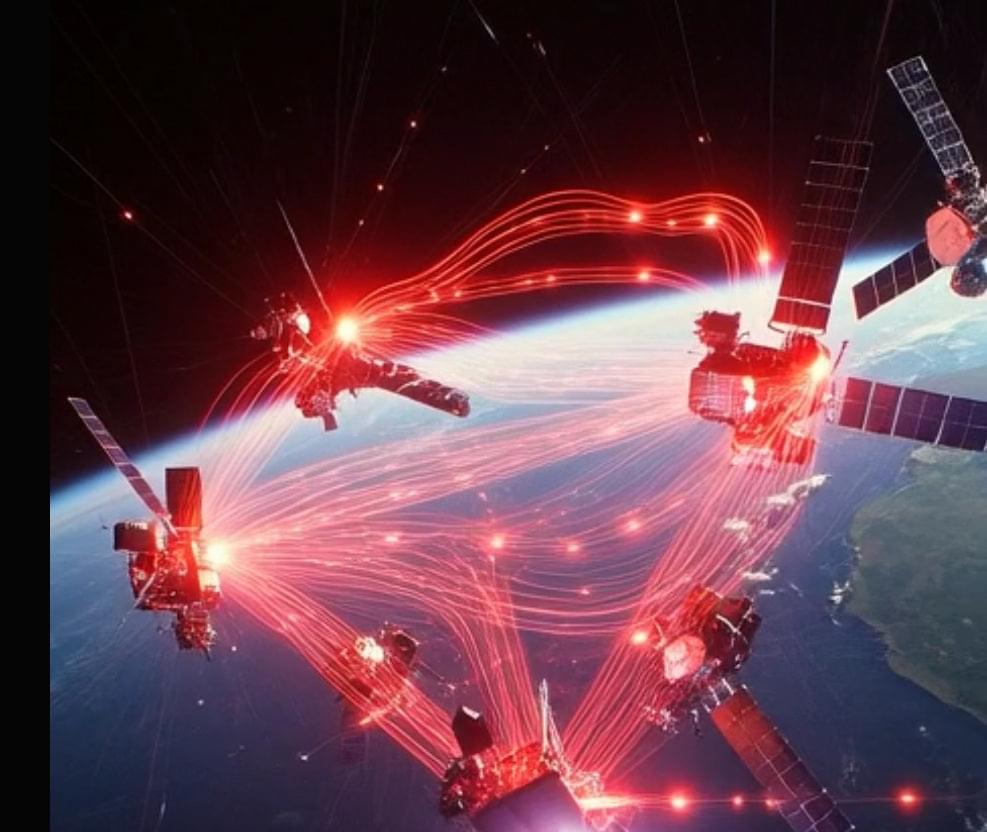At the entrance to Starbase in south Texas, a glowing sign now welcomes visitors with the words “Gateway to Mars.” The display sits in front of SpaceX facilities where giant Starship rockets are being assembled with one bold purpose in mind: Elon Musk wants to build a self-sustaining city on Mars.
In recent years he has begun to put numbers on that dream. Musk has repeatedly said that building the first sustainable city on Mars would require around 1,000 Starship rockets and roughly 20 years of launch campaigns, moving up to 100,000 people per favorable Earth-Mars alignment and eventually reaching about one million settlers plus millions of tons of cargo.
It sounds like science fiction with a project plan. Yet the language he uses, “sustainable city,” is very familiar to climate and energy experts here on Earth. So what does sustainability really mean on a frozen, air-thin world and how does that huge effort interact with the environmental crisis on our own planet?


